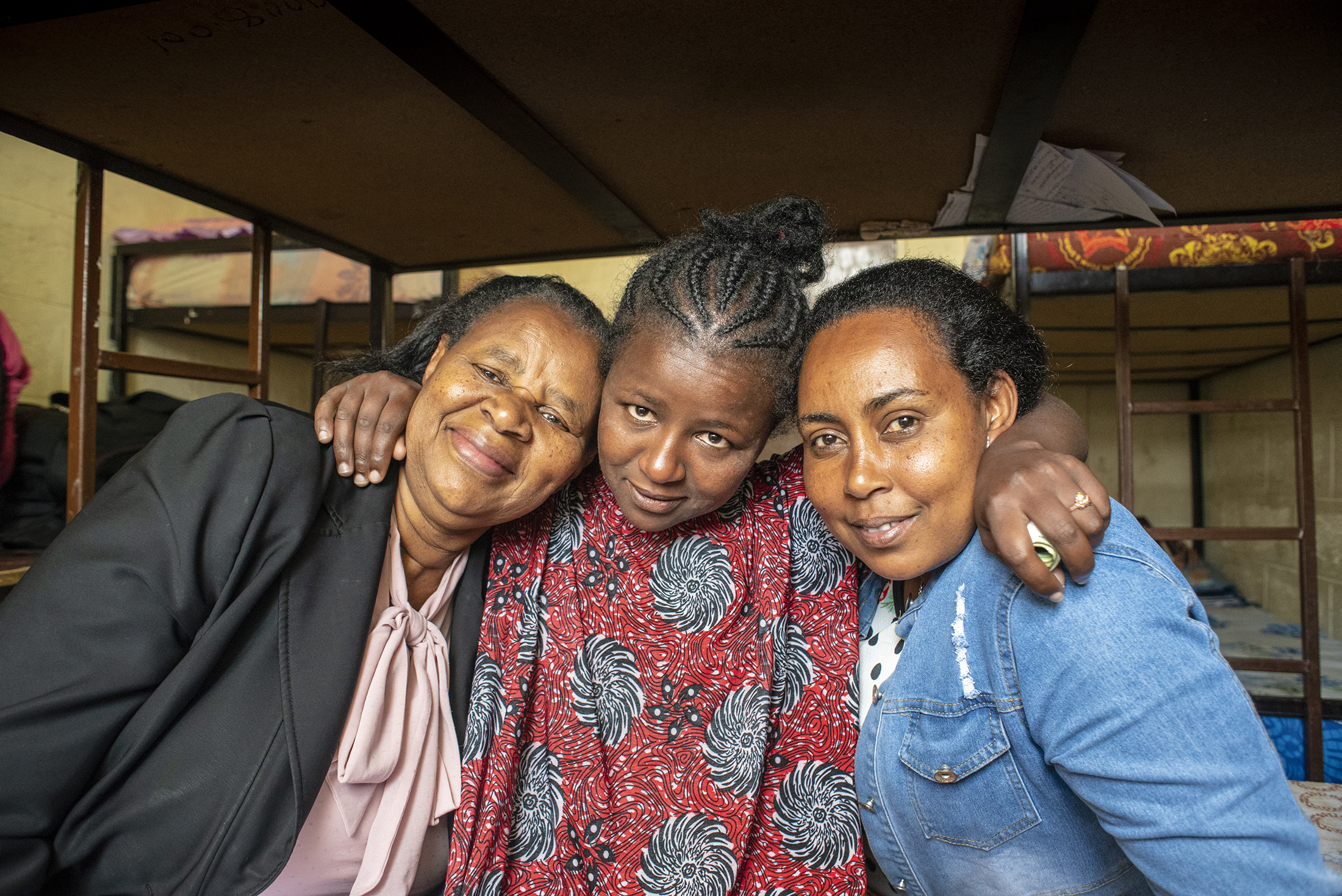Shifting attitudes in a male-dominated culture
Story

Women in Ethiopia are developing social strategies to achieve gender equity on their university campuses and in society.
Confronting the schism in a male-dominated culture is necessary to achieve an environment where women can succeed and thrive.
Ethiopian women are overworked, not valued or trusted, nor do they have the same rights as men at the family level, within society or at the university.
Those were just some of the responses Cuso International volunteer and gender advisor Dr. Grace Puja received when she led a gender awareness workshop at Madda Walabu University and asked attendees to identify the major factors that contribute to gender inequity.
“Participants also cited the socialization process, religion and the dependence of women on men economically as contributing factors,” she said. “They stressed the link between poverty and gender-based violence.”
To combat ingrained beliefs that women are inferior, attendees suggested changes to how girls and boys are socialized at a young age. Both genders should be given the same tools, encouragement and education. They said awareness and training are needed for society-at-large.
“These challenges require strategies that include the participation of the all members of the society, men and women, to address all forms of discrimination based on gender, poverty, ability and all other forms of social inequity,” said Grace.
For the university, attendees said the executive leadership – which is dominated by men – need gender sensitization training and more women should be hired, as only three out of 45 directors are female.
“Many of the female students who attend MWU come from poor rural backgrounds. These female students are vulnerable to being abused sexually in exchange for money and/or better grades,” said Grace. “Some of these students are supported by the Gender Office with money and materials such as sanitary pads, soap, notebooks and pens. But what they get is not enough for their needs.”
The attendees, which included more than 55 academic and administrative staff from MWU’s Robe, Goba and Shashamene campuses, said they are demanding MWU create gender and social inclusion policies and practices, and to complete the review and implementation of an anti-sexual harassment policy.
“This is a success story for me,” said Grace. “I was very encouraged by the ideas of those who attended and by the staff and students who are committed to bringing about social change in Ethiopian society.”
Please consider donating today to help send more volunteers like Grace where they are needed most to make a real difference.